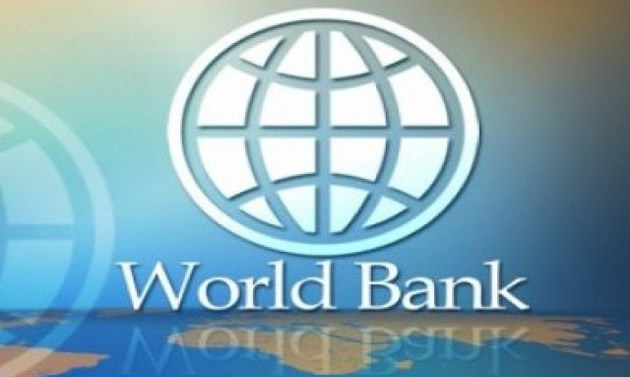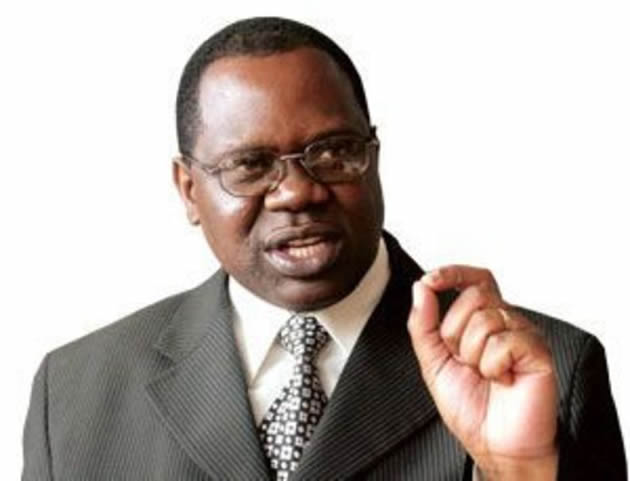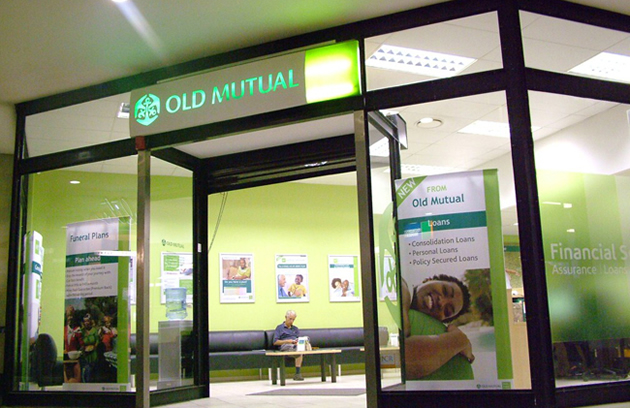Sub-Saharan Africa growth to slow down 4pc: WB

Conrad Mwanawashe Business Reporter
SUB-SAHARAN Africa’s growth will decelerate to 3,7 percent this year but will pick up gradually in the next two years, as commodity prices make a slow recovery, a report by the World Bank says. The World Bank’s new Africa Pulse, the bi-yearly analysis of economic trends and the latest data on the continent, shows that the 2015 forecast remains below the 6,5 percent growth in GDP which the region sustained in 2003-2008.
The forecast is also below the 4,5 percent growth rate following the global financial crisis in 2009-2014. Africa Pulse says Sub-Saharan Africa is facing challenging outlook. “After slowing to 3,7 percent in 2015, economic activity will pick up gradually to 4,4 percent in 2016 and 4,8 percent in 2017, as commodity prices make a slow recovery, fiscal consolidation eases and governments take steps to alleviate power supply and transport constraints.
More broadly, domestic demand through investment, private consumption and government spending will support growth in the region,” the report says.
During a conference call on the findings contained in the report, Africa Pulse team leader Ms Punam Chuhan-Pole said countries in the region such as Zimbabwe face challenges arising from a huge wage bill and widening budget deficit.
“In many countries we have seen rising wage bills and there is need to make an effort to control that. Otherwise you are going to have widening deficit and you are not going to have resources to spend on other potential services such as infrastructure development. This is not unique to Zimbabwe,” said Ms Chuhan-Pole.
The report says that policy buffers are low in several countries, constraining the response to the current environment and underscoring the need for African countries to improve domestic resource mobilisation and enhance public expenditure efficiency. Sub-Saharan Africa’s rich natural resources have made it a net exporter of fuel, minerals and metals and agricultural commodities.
Robust supplies and lower global demand have accounted for the decline of commodity prices across the board. For instance, the report says, the drop in the prices of natural gas, iron ore and coffee exceeded 25 percent since June 2014. Africa Pulse says growth in Sub-Saharan Africa will be tested as new shocks occur in the global economic environment underscoring the need for governments to embark on structural reforms to alleviate domestic impediments to growth.
“Investments in new energy capacity, attention to drought and its effects on hydro-power, reform of state-owned distribution companies and renewed focus on encouraging private investment will help build resilience in the power sector,” the report says.










Comments